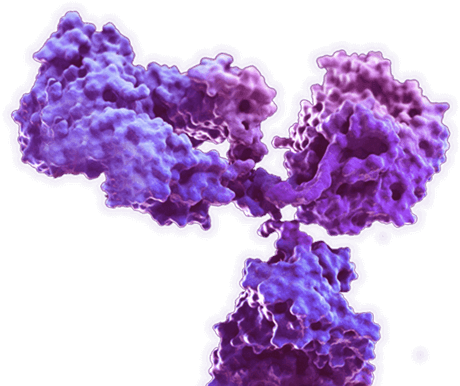Histone H2A
AibGenesis™ Mouse Anti-H2A Antibody (MO-AB-02751Y) (CAT#: MO-AB-02751Y)
-
- Host species: Mouse
- Species Reactivity: Chicken (Gallus gallus), Budding Yeast, Fission Yeast
- Application: WB, ELISA
- Protein: Histone H2A
- Size: 0.5mg, 1mg, 200µg
- Conjugate: AP, APC, Biotin, Consult us more, Cy3, Cy5, Cy5.5, Cy7, FITC, HRP, NONE, PE, PerCP
- Alternative Names: Histone H2A, LOC100859381
AibGenesis™ Mouse Anti-H2A Antibody (MO-AB-11571Y) (CAT#: MO-AB-11571Y)
-
- Host species: Mouse
- Species Reactivity: O. mykiss (Oncorhynchus mykiss), Budding Yeast, Fission Yeast
- Application: WB, ELISA
- Protein: Histone H2A
- Size: 0.5mg, 1mg, 200µg
- Conjugate: AP, APC, Biotin, Consult us more, Cy3, Cy5, Cy5.5, Cy7, FITC, HRP, NONE, PE, PerCP
- Alternative Names: Histone H2A, H2A
Rabbit Anti-H2A Antibody (MOFAB-015W) (CAT#: MOFAB-015W)
-
- Host species: Rabbit
- Species Reactivity: Human, Mouse, Rat, Zebrafish, Budding Yeast, Fission Yeast
- Application: ELISA, WB, IP, IF
- Protein: Histone H2A
- Size: 100µL
- Conjugate: None
- Alternative Names: Histone H2A, si:ch211-113a14.19, CR354435.5 CR762436.5, XP_002666988.1, XP_689030., H2A
Anti-H2A Antibody (Cat MO-MMB-0687), Rabbit IgG (CAT#: MO-MMB-0687)
-
- Host species: Rabbit
- Species Reactivity: Budding Yeast, Fission Yeast
- Application: ChIP, IP, WB
- Size: 100µL, 50µL
- Conjugate: None
- Alternative Names: Core component of nucleosome. Nucleosomes wrap and compact DNA into chromatin, limiting DNA accessibility to the cellular machineries which require DNA as a template. Histones thereby play a central role in transcription regulation, DNA repair, DNA replication and chromosomal stability. DNA accessibility is regulated via a complex set of post-translational modifications of histones, also called histone code, and nucleosome remodeling.
For Research Use Only | Not For Clinical Use.



